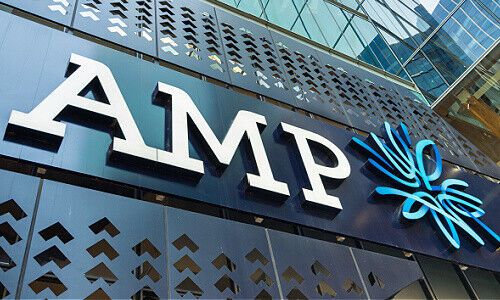Australia’s AMP entered a deal to sell Collimate Capital’s international infrastructure business, opting to divest instead of demerge its asset-management unit.
AMP has entered an agreement to sell Collimate Capital’s international infrastructure business to DigitalBridge Group for a A$462 million (US$327.44 million) upfront cash payment, with the potential to increase the value to A$699 million on retained performance fees and future fund raisings, the Australian financial company said in a filing to ASX Thursday.
The deal includes international infrastructure equity assets under management of A$9 billion, the management platform, AMP’s seed and sponsor investments in international infrastructure equity funds, and a “substantial portion” of the teams in the U.K., Europe, North America and Asia, the filing said.
Follows Domestic Infrastructure Sale
The deal comes hard on the heels of AMP’s announcement Wednesday it would sell its domestic infrastructure equity and real estate business for an upfront cash payment of A$430 million plus potential earn-outs of up to A$300 million, the release said. AMP noted it also sold its infrastructure debt platform in February. Altogether, the deals value Collimate Capital at as much as A$2.04 billion.
Subject to the deals’ completion, AMP said it would no longer pursue its plan to demerge Collimate Capital from the group. The two transactions announced Wednesday and Thursday “deliver greater value” more quickly than a demerger, AMP said.
Focused Strategy
«It was clear in out 2021 portfolio review that we had two businesses that would be better separated and simplified,» Debra Hazelton, AMP’s chair, said in the statement. «Post separation and these sales, AMP Limited has a focused strategy to grow AMP Bank and the wealth management businesses.»
Alexis George, AMP’s CEO, added that the company would concentrate on the core banking and retail wealth businesses in Australia and New Zealand.
AMP plans to return most of the net cash proceeds of the deals to shareholders, pending regulatory approval, and to pay down some outstanding corporate debt, the bank said.


























